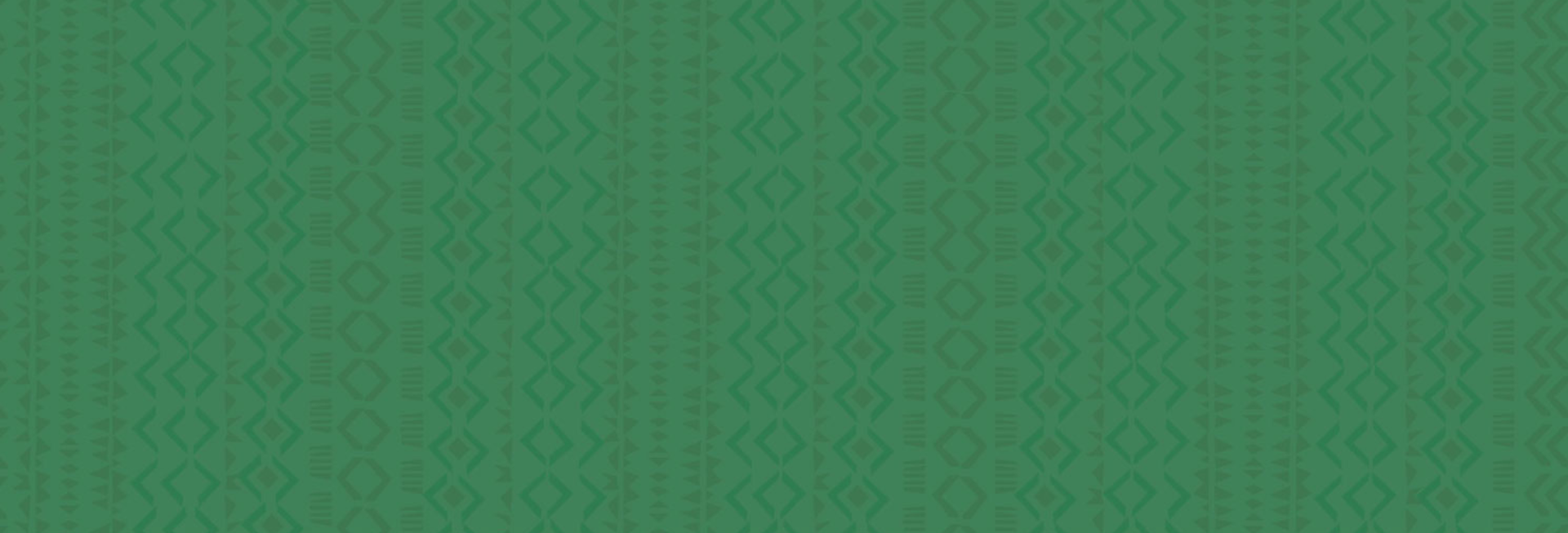Melissa Hagemann
Melissa Hagemann is the Director of the BOAI Org and has been at the forefront of the Access to Knowledge movement for over twenty years. She managed the Open Society Institute’s (now Open Society Foundations) work to define Open Access through the Budapest Open Access Initiative (BOAI) and went on to support the development of the global Open Access movement. To mark the 20th anniversary of the BOAI, she spearheaded the development of new recommendations which emphasize that Open Access is not an end in itself, but a means to further ends, above all, to the equity, quality, sustainability, and usability of research.
She is a member of the Board of Creative Commons and has served on numerous boards, including the Advisory Board of the Wikimedia Foundation, as well as the Steering Committee of the Open Climate Campaign.
Sessions
🎥 Session Recording: https://w.wiki/FB$q 🎥
Open access unlocks research and facilitates collaborations to address the world’s greatest challenges. Since open access (OA) was defined by the Budapest Open Access Initiative (BOAI) in 2002, a global movement has driven OA from an untested concept into the mainstream. Yet to fully realize the promise of OA that was envisioned when the BOAI was launched, we must ensure that the systems we are building are equitable and enable anyone, anywhere to both access and contribute to the global record of scholarship. To achieve this goal, I believe we need to take lessons from countries that pioneered the equitable development of scholarly communications.
This lecture is based on a series of interviews conducted with leaders in the Global South who developed equitable models of OA.
🎥 Session Recording: https://w.wiki/FCaB 🎥
The Open Science and Wikimedia communities share the common goal of developing high quality openly available content, yet collaborations between the movements have been limited. Following discussions at last year’s Wikimania, the speakers conducted a survey of Wikimedia affiliates to gauge their knowledge of, interest in, and activities surrounding Open Science. The results of the survey will be shared and will form the basis for discussions around coordinating and strengthening activities between the two communities.

